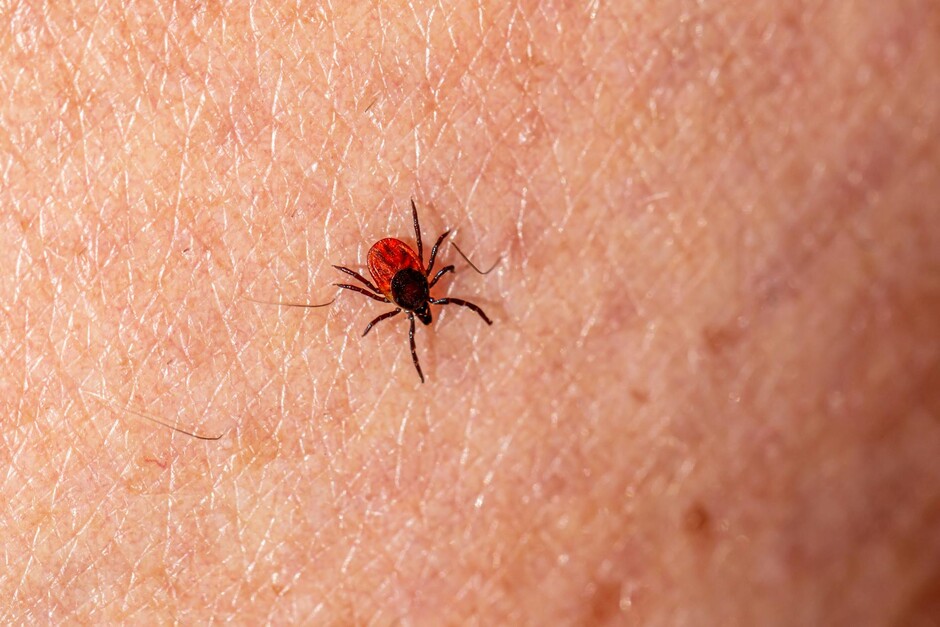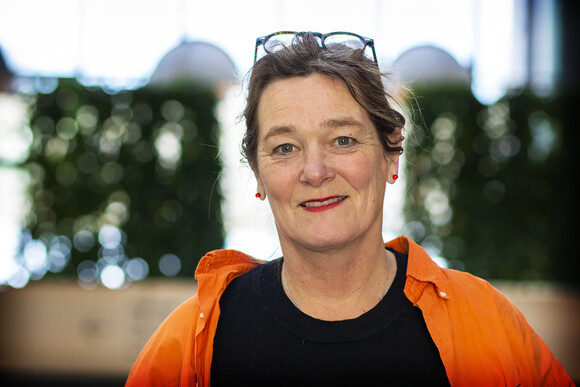“The quality of Lyme disease treatment in Norway is on par with the rest of Northern Europe”
The myth that Norway is not as competent as others in treating Lyme disease is not rooted in reality. However, there is one area where other countries surpass us.

There has been a widespread belief that Norway is lagging behind in the development of knowledge about tick-borne diseases. This has led some patients to seek treatment abroad, particularly for Lyme disease.
“Our research shows that this is unnecessary,” says Professor Randi Eikeland at the University of Agder (UiA).
She is a neurologist and researcher and heads the National Advisory Unit on Tick-Borne Diseases. Alongside several international colleagues, she recently published an overview of how tick-borne diseases are treated in Northern Europe.
“If you receive treatment from the public healthcare system in Northern Europe, you’ll receive the same treatment everywhere. The differences that exist are small and involve the duration of treatment and whether antibiotics are administered intravenously or orally in some cases. But the diagnosis and treatment methods are identical,” says Eikeland.
‘The Borrelia Uprising’
A few years ago, there were protests in front of the Parliament. ‘The Borrelia Uprising’ gathered people to protest how the disease was treated in Norway.
“The establishment of the National Competence Centre for Tick-Borne Diseases, a separate unit at the Hospital of Southern Norway, happened partially due to these protests. It is not surprising that people could become both confused and frustrated about the diagnosis and treatment of tick-borne diseases, as some clinics claimed that they could provide better treatment than the public healthcare system,” says Eikeland.
Such clinics existed in Norway and abroad and were characterised by a lack of documentation of the treatment methods they used, making it impossible to verify their results. In addition, treatments were very expensive.
“If you asked one of these clinics whether you had an infection that required treatment, the answer would almost always be yes. There was always something to treat. As human beings, we hear anecdotal stories and trust people's experiences, and often the most extreme stories receive the most attention,” says Eikeland.
Improving early detection
She can well understand the frustration experienced by many when being afflicted with illnesses such as Lyme disease.
“The most important knowledge we have about these diseases emerged in the 1980s and later. This is new knowledge that is still being developed, and therefore the healthcare system does not have all the answers. That is the nature of working in a knowledge-based field that is still in development.”
One thing the research has uncovered is that Norway is lagging in one area: Those who believe they have symptoms of tick-borne diseases. In other countries, there are interdisciplinary clinics where patients can meet professionals who collaborate to establish an early diagnosis.
“This is crucial to avoid patients going from specialist to specialist and losing trust in the healthcare system. Our research shows that other countries are better at taking patients seriously in that way. We, on the other hand, are good at information and prevention but need to improve our assessment of cases that are not quite straightforward,” says Eikeland.
There have been proposals to create such clinics in Norway as well, including in a report commissioned by the Norwegian Directorate of Health, but these have not yet been implemented.
Read the report in English by using this link.
Flattssjekk.no
“Some people become so frustrated that they seek help from expensive clinics abroad. This is unnecessary, and something we can do something about. Addressing this fear and uncertainty is important,” she says.
The National Advisory Unit on Tick-Borne Diseases now offers a range of services. On the flattsjekk.no website, you can submit photos of suspected tick bites and have them assessed by doctors. The competence service also provides information on diagnosis, treatment and follow-up.
